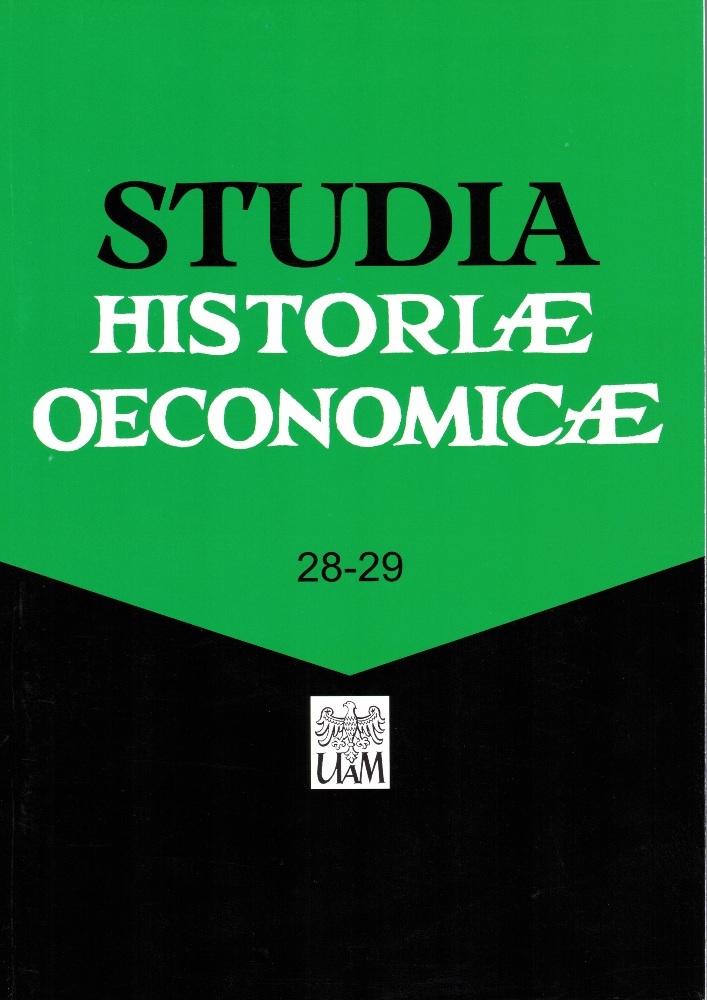Abstract
In the conception of ownership formulated by Polish agrarianists the creation of a new socio-economic system, pluralistic with regard to the forms of ownership, based on small private ownership in agriculture, crafts and retail trade as well as co-operative, self-government and state ownership in the remaining branches of the economy was assumed. Opting for maintenance and popularisation of individual ownership (agrarianists did not treat it) however, as the absolute (sacred) right, but as an institution subjected to social control. They did not condemn differences in material status, though at the same time, they definitely rejected both far-fetched disproportions in ownership (characteristic of capitalism) as well as equality in the field postulated by communists. Apart from the socio-economic functions, the agrarianists assigned an important political role to ownership. In their opinion, it constituted the protection of a citizen's property, the guarantee of their freedom and the way to a truly democratic political system. Relatedly, they put great emphasis on the popularisation and protection of individual, co-operative and self-governed ownership and referred to state ownership, characteristic of totalitarianism, with great caution.
License
Copyright (c) 2021 Tadeusz Janicki

This work is licensed under a Creative Commons Attribution-ShareAlike 4.0 International License.

